Learn the 3 Steps for Life with Hato Hone St John
By MAS Team
Hato Hone St John’s free 3 Steps for Life programme, sponsored by MAS, is helping save lives across the country by teaching everyday Kiwis how to respond with confidence when confronted with cardiac arrest.
Did you know that 72% of cardiac arrests happen at home? A surprising and somewhat scary fact that means any one of us could wind up in the hot seat when it comes to saving the life of a loved one. The good news is that we all have the potential to step in and help with a simple set of skills.
Empowering people with these skills is what the 3 Steps for Life programme from Hato Hone St John is all about. It’s a free, one-hour course that’s available anywhere in the country, and which MAS is now very proud to be sponsoring.
Programme Lead and Educator Andy Gibbs explains: “The 3 Steps for Life are teaching people how to respond in the event of cardiac arrest – when someone has stopped breathing. If someone’s unresponsive or unconscious but they’re breathing, then yes, it’s still a medical emergency and we still need to get help on the way, but theoretically, they’re OK until help gets there. However, if someone isn’t breathing, then there’s no oxygen going to that person’s vital organs or their brain, so we need to respond really quickly.”
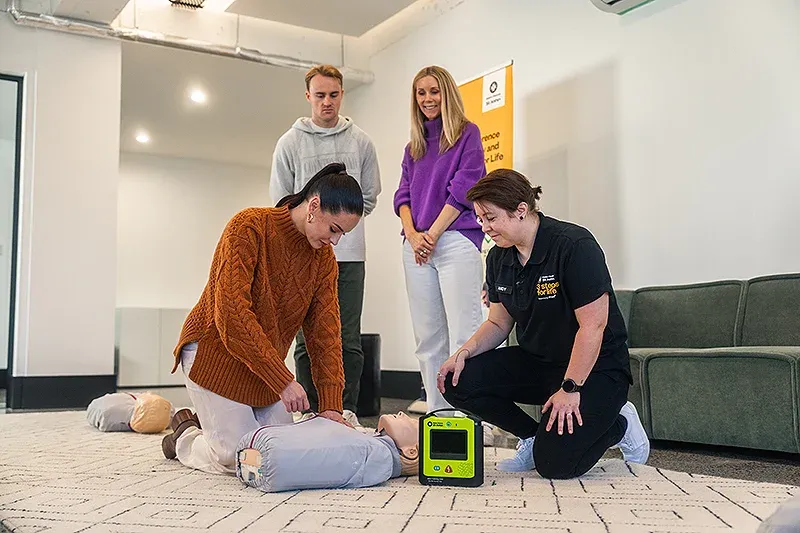
While the prospect of someone having a cardiac arrest in your presence can feel confronting, Andy says that when people do the course, they come away feeling great. “The feedback we get from the course is always overwhelmingly positive. People tell us how simple the information is, how crucial it is to learn, and that they feel really confident and empowered to step in if required.”
Many people also have light-bulb moments during the course. “People often don’t realise how hard you have to push for compressions, so they’re glad to have a go on the manikins. To experience that first-hand means that, if they have to do it in real life, they now have a reference point and know how physically demanding it is.”
And while the effort may be tiring, Andy says another key message to know is: Don’t give up. “We hear really amazing stories of people who have had bystander CPR performed on them for 30-35 minutes and then the ambulance has arrived, they’ve delivered a shock, and the person has come back to the point where they’re waving to the bystanders as the ambulance drives away.”
Of course, it’s a big relief when the ambulance arrives, staffed by those heroic people, the paramedics. Oliver Tyack is a Hato Hone St John paramedic who sees it all up close.
“I wish more people understood just how critical early, effective CPR and defibrillation are in a cardiac arrest,” Oliver says. “Every minute without CPR or defibrillation can reduce a person’s chance of survival by around 10%. The first few minutes really matter. Quick action can mean the difference between full recovery and death. It’s not just about saving a life, it’s about preserving quality of life, too.”
Oliver says that what often holds people back from helping out is fear. “Fear of doing the wrong thing, of making it worse, or just being overwhelmed in a really intense situation. It’s completely understandable. But doing something, even just good-quality chest compressions, is so much better than doing nothing.”
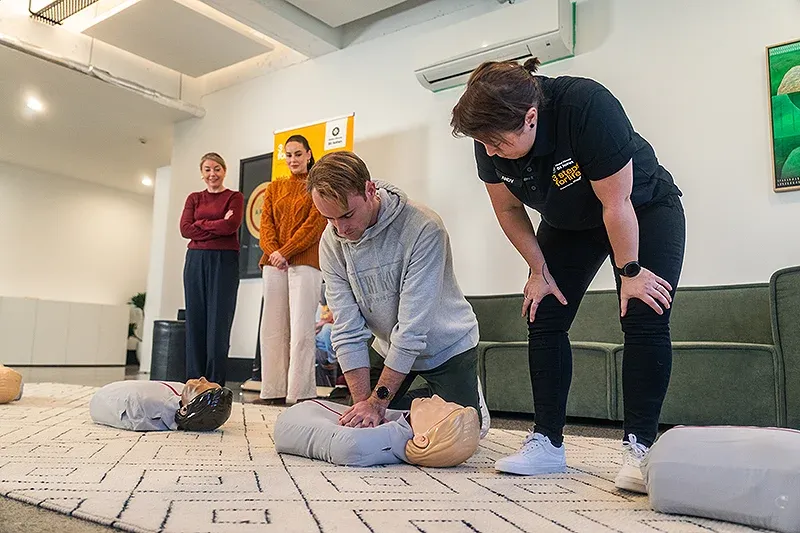
While the 3 Steps for Life courses run all year round, a key part of Hato Hone St John’s annual calendar is Shocktober, which aims to encourage as many Kiwi to get trained as possible during that month. “Shocktober aligns with 16 October, which is World Restart a Heart Day,” says Andy. “Our goal is to get 15,000 people trained through that month.” It’s an important mission with a profound impact, and one that MAS is very happy to be getting behind.
Pete Loveridge, Hato Hone St John’s Deputy Chief Executive of Community Health, says, “Thanks to MAS’s generous support, we’re now able to take 3 Steps for Life to the next level. This means more workshops, more trained individuals, and ultimately, more lives saved. The ripple effect of this programme is profound. Every person who learns CPR becomes a beacon of hope in their community. With MAS by our side, we’re building a stronger, more resilient Aotearoa New Zealand where people feel empowered to act in emergencies.”
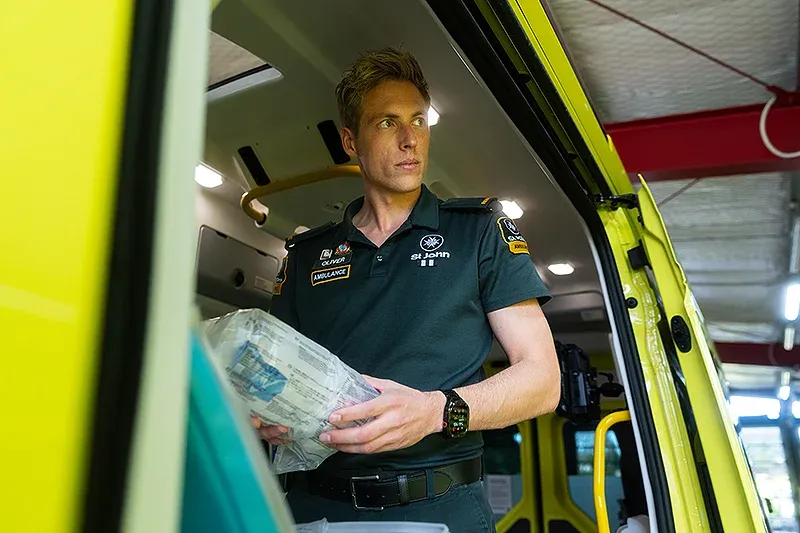
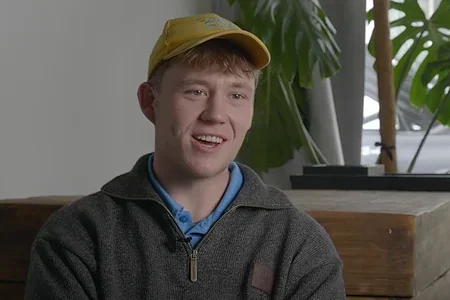
We chatted with a young entrepreneur, Oakley Inkersell, who turned a part-time gig into a budding business empire.
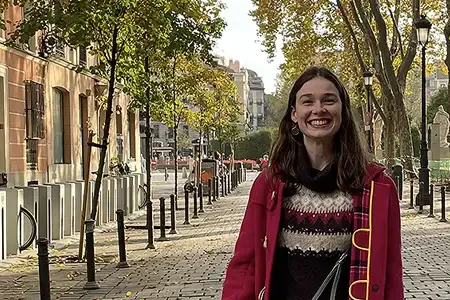
University of Otago law student Clementine Rose recently received a MAS Here for Good Scholarship, which rewards students who actively volunteer.
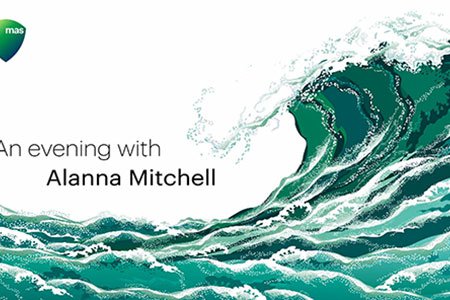
For MAS Talks 2019 we had award-winning Canadian science journalist, Alanna Mitchell, join us in New Zealand for our exclusive event. Here is a snippet from Alanna's evening with our Auckland Members.